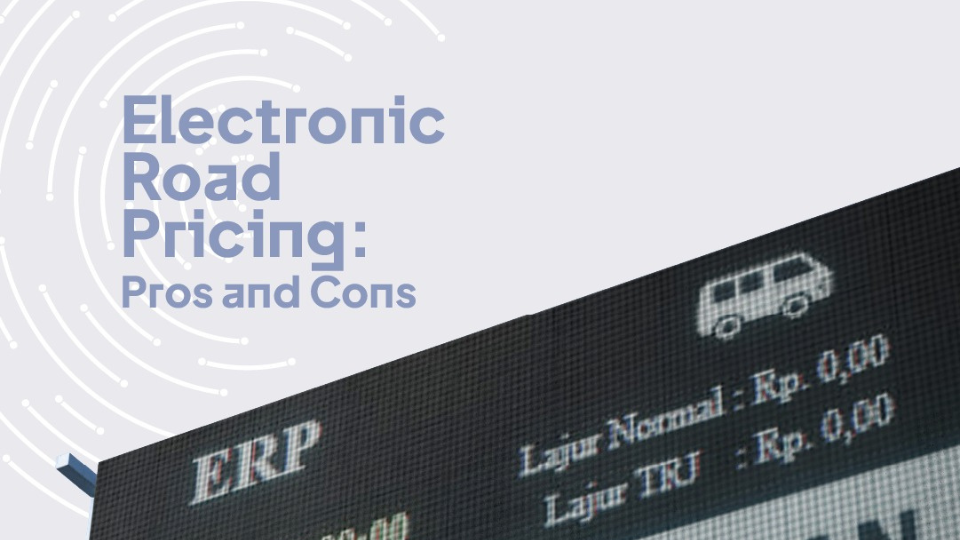A Brief History
The ERP implementation was planned by Governor Sutiyoso in 2004 to take effect in 2006. Recently, the idea of ERP was brought back into discussion. However, the Head of the DKI Transportation Agency, Syafrin Liputo, cannot confirm when this policy will start to be implemented.
Implementation of ERP
The ERP in Jakarta is planned to take effect every day from 05.00 to 22.00 WIB on 25 roads spreading over 54 kilometers. The amount proposed by the DKI Jakarta Transportation Agency ranges from IDR 5,000 to IDR 19,000, depending on the category and type of vehicle. Every car and motorbike that crosses those 25 roads will be charged a fee per one pass.
Let’s talk about the elephant in the room.
How much will the government gain?
The Jakarta Provincial Government’s revenue from ERP is estimated to reach Rp 30 billion-Rp 60 billion per day.
For every trip that passes any one of the 25 roads, the government will gain Rp. 30 billion. For two trips back and forth, the government expects to gain around Rp. 60 billion.
So, how is the society’s response?
On one hand, the implementation of ERP system is more efficient since it does not require a lot of human resources and reduces the regional budget. Instead, it will generate more government earnings to developed public facilities, such as transportation, pedestrians, and bike lane.
On the other hand, most people reject this policy because it is considered a burden. The main reason is that the owner of a four-wheeled vehicle has been subject to tax whose value is also not cheap. Furthermore, there is also no guarantee that with the implementation of the ERP, a number of the implemented road sections will be completely barrier-free.




